Home>Garden Essentials>How Long For Scotts Bermuda Grass To Germinate
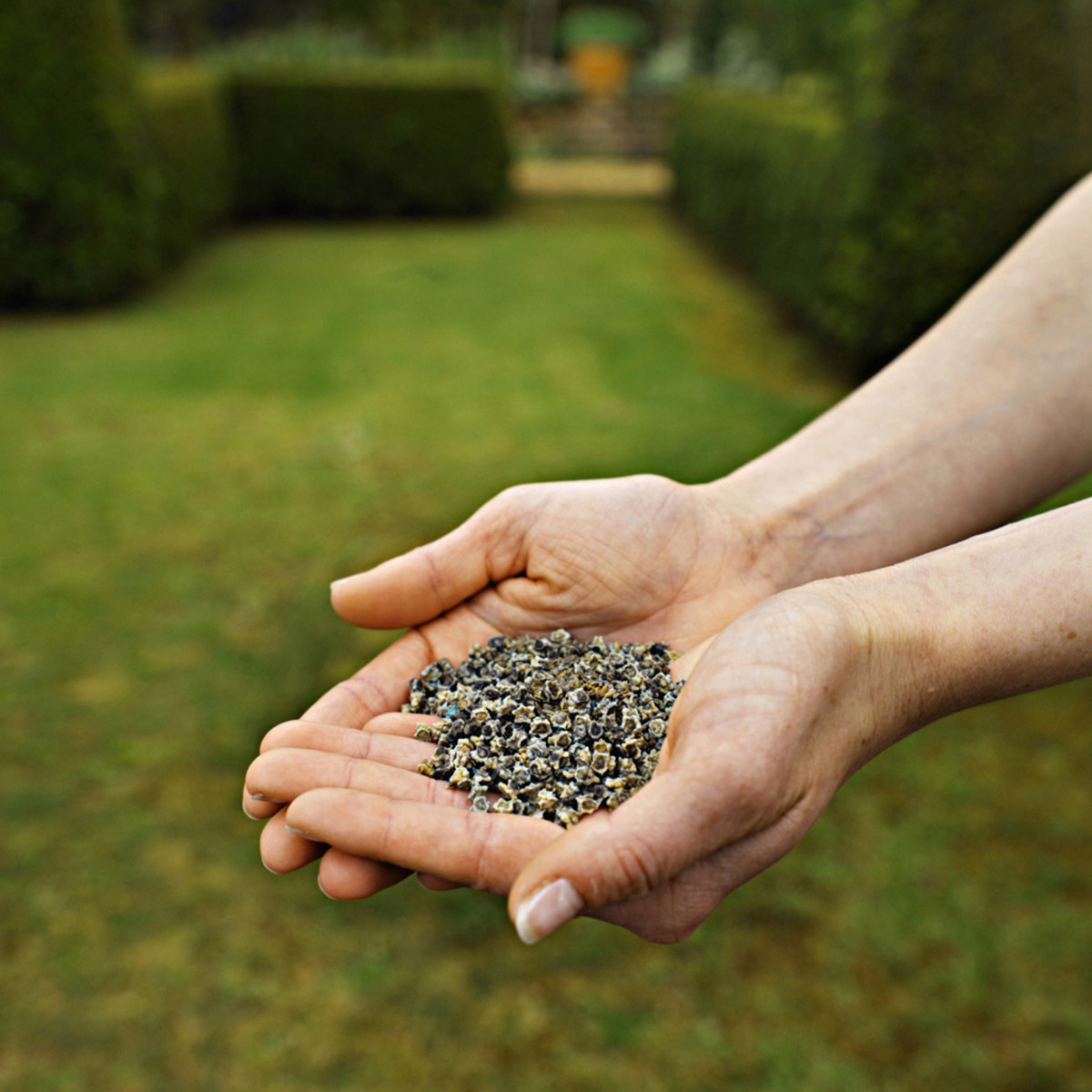

Garden Essentials
How Long For Scotts Bermuda Grass To Germinate
Modified: April 22, 2024
Learn how long it takes for Scotts Bermuda grass to germinate in your garden. Discover the best practices for optimal results.
(Many of the links in this article redirect to a specific reviewed product. Your purchase of these products through affiliate links helps to generate commission for Storables.com, at no extra cost. Learn more)
Introduction
Welcome to our comprehensive guide on the germination process of Scotts Bermuda Grass. Growing a lush and vibrant Bermuda grass lawn requires patience and a good understanding of the germination process. Whether you’re a seasoned gardener or a beginner looking to establish a beautiful lawn, this article will provide you with all the information you need to know about how long it takes for Scotts Bermuda Grass to germinate.
Scotts Bermuda Grass is a popular choice for lawns due to its excellent ability to withstand drought, heat, and heavy foot traffic. However, to achieve a successful and healthy lawn, proper germination is essential. The germination period refers to the time it takes for the seed to sprout and establish roots in the soil, ultimately leading to the growth of a lush and vibrant Bermuda grass lawn.
In the following sections, we will explore the various factors that can influence the germination process and the optimal conditions required for successful germination. Additionally, we will discuss the average germination time for Scotts Bermuda Grass, as well as provide some useful tips and solutions to common germination issues.
So, if you’re ready to embark on your journey to a beautiful Bermuda grass lawn, let’s dive into the fascinating world of germination and learn how to give your seeds the best chance of sprouting and thriving in your garden!
Key Takeaways:
- Scotts Bermuda Grass typically germinates within 7 to 14 days under ideal conditions, such as warm soil temperatures and consistent moisture. Patience and proper care are essential for successful germination.
- To promote faster germination, prepare the soil well, maintain optimal soil temperature, and provide adequate moisture. Address common issues like poor seed-to-soil contact and pest infestation for a healthy Bermuda Grass lawn.
Factors Affecting Bermuda Grass Germination
Several factors can influence the germination of Bermuda grass seeds. Understanding these factors will help you create the ideal environment for successful germination. Here are some of the key factors to consider:
- Temperature: Bermuda grass thrives in warm climates, and temperature plays a crucial role in its germination. The ideal soil temperature for Bermuda grass germination ranges from 75 to 85 degrees Fahrenheit (24 to 29 degrees Celsius). Cooler temperatures can prolong the germination process, while excessively hot temperatures can hinder germination and damage the seeds.
- Moisture: Adequate moisture is essential for Bermuda grass seeds to germinate. During the germination period, it is crucial to keep the top inch of soil consistently moist but not waterlogged. Watering deeply and infrequently, rather than frequent shallow watering, encourages the seeds to establish deep roots and promotes healthy growth.
- Light: Bermuda grass seeds require exposure to light for proper germination. Avoid burying the seeds too deep in the soil, as they need sunlight to trigger the germination process. Gently press the seeds into the soil or cover them with a thin layer of topsoil to ensure they have access to sufficient light.
- Soil Condition: The quality and condition of the soil greatly impact the germination process. Bermuda grass prefers well-draining soil with a slightly acidic pH level between 6 and 7. Proper aeration and nutrient-rich soil promote healthier root development and faster germination. Conduct a soil test to determine if any amendments, such as compost or fertilizer, are needed to create the ideal growing environment.
- Weed Control: Weeds can compete with Bermuda grass seeds for nutrients, water, and sunlight, hindering germination. Before sowing Bermuda grass seeds, thoroughly remove any existing weeds from the planting area. Applying a pre-emergent herbicide can also help prevent weed seeds from germinating alongside the Bermuda grass seeds.
- Seed Quality: The quality of the Bermuda grass seeds you use can significantly impact germination success. Purchase high-quality seeds from reputable sources to ensure optimal germination rates. Store the seeds properly in a cool, dry place until you’re ready to sow them in your garden.
By understanding and addressing these factors, you can create the ideal conditions for Bermuda grass seeds to germinate and establish a healthy and vibrant lawn. Now, let’s explore the optimal conditions required for successful germination.
Optimal Conditions for Germination
To maximize the germination success of Scotts Bermuda Grass, it is important to create the optimal conditions in your lawn. Here are some key factors to consider:
- Temperature: Bermuda grass thrives in warm temperatures. The optimal soil temperature for germination is between 75 and 85 degrees Fahrenheit (24 to 29 degrees Celsius). You can use a soil thermometer to monitor the temperature and ensure it falls within this range. If the soil is too cool, consider using a germination blanket or plastic cover to create a warmer microclimate.
- Moisture: Adequate moisture is essential for germination. After sowing the Bermuda grass seeds, water the area thoroughly. Keep the top inch of soil consistently moist but avoid overwatering, as it can lead to rotting of the seeds. Use a sprinkler system or water the area manually, ensuring that the water penetrates the top layer of the soil without causing runoff.
- Light: Bermuda grass seeds require exposure to light to trigger germination. Avoid burying the seeds too deep in the soil. Instead, gently press them into the soil or cover them with a thin layer of straw or topsoil. This allows the seeds to receive the necessary light while protecting them from excessive evaporation.
- Soil Preparation: Before sowing the Bermuda grass seeds, prepare the soil by removing any debris, rocks, or weeds. Loosen the soil using a garden tiller or a rake to ensure proper aeration. Incorporate organic matter, such as compost, to improve soil structure and fertility. Level the soil surface to create a smooth and even seedbed.
- Timing: Timing is crucial for Bermuda grass germination. The best time to sow Bermuda grass seeds is during the late spring or early summer when the soil temperatures are consistently warm. This timing allows for optimal seed germination and establishment before the cooler fall and winter months.
By creating the ideal conditions of warmth, moisture, light, and properly prepared soil, you provide the Bermuda grass seeds with the best chance of successful germination. Keep in mind that germination times can vary depending on the specific variety of Scotts Bermuda Grass you are using, so be patient and monitor the progress of your lawn. Now, let’s discuss the average germination time for Scotts Bermuda Grass.
Germination Time for Scotts Bermuda Grass
The germination time for Scotts Bermuda Grass can vary depending on several factors, including temperature, moisture, and the specific variety of Bermuda grass you are using. On average, Scotts Bermuda Grass seeds typically germinate within 7 to 14 days under ideal conditions.
It is important to note that germination time can be influenced by the temperature of the soil. Warmer soil temperatures within the optimal range of 75 to 85 degrees Fahrenheit (24 to 29 degrees Celsius) can expedite the germination process. Conversely, cooler soil temperatures may prolong germination and result in slower growth. Therefore, it is crucial to monitor and maintain the appropriate soil temperature during the germination period.
In addition to temperature, consistent moisture is vital for successful germination. Keeping the top inch of soil moist but not saturated will promote quicker germination and root development. Be careful not to overwater, as excess moisture can impede germination and lead to fungal diseases. Regularly monitor the moisture level of the soil and adjust watering accordingly.
Keep in mind that different varieties of Scotts Bermuda Grass may have slight variations in germination time. Some varieties are specifically developed for quick germination and establishment, while others might take slightly longer. Check the packaging or consult with the seed provider for specific information about the germination time of the variety you are using.
It is also essential to recognize that germination is the first step in the overall growth process of Bermuda grass. After germination, the young seedlings will continue to grow and develop roots, and they will require ongoing care and maintenance to establish a healthy lawn. Continue to water, fertilize, and mow the Bermuda grass following recommended guidelines to ensure proper growth and maintenance.
Now that you have an idea of the average germination time for Scotts Bermuda Grass, let’s explore some tips to help expedite the germination process.
Bermuda grass typically takes 7-10 days to germinate, but it can vary based on temperature and moisture. Keep the soil consistently moist for best results.
Tips for Faster Germination
If you’re eager to see quick results and achieve faster germination for your Scotts Bermuda Grass, here are some helpful tips to consider:
- Preparation is Key: Before sowing the Bermuda Grass seeds, prepare the soil properly. Clear the area of any debris, rocks, or weeds, and cultivate the soil to a depth of about 4 to 6 inches. This allows for better seed-to-soil contact, facilitating faster germination.
- Seedbed Preparation: Level the soil surface and create a smooth and even seedbed. Use a rake to remove any clumps or irregularities that could hinder seed germination. A well-prepared seedbed provides an optimal environment for the seeds to establish roots and grow.
- Oversow: For faster germination and thicker coverage, consider overseeding the area with Bermuda Grass seeds. This involves spreading the seeds in multiple passes, overlapping each pass to ensure more even coverage. Oversowing increases the number of seeds in a given area, enhancing the chances of successful germination.
- Soil Temperature: Monitor and maintain the soil temperature within the ideal range of 75 to 85 degrees Fahrenheit (24 to 29 degrees Celsius). Use a soil thermometer to check the temperature regularly, and adjust if necessary. If the soil temperature is too low, consider using a germination blanket or plastic cover to create a warmer microclimate.
- Water Properly: Provide adequate moisture for the seeds without overwatering. Water the area immediately after sowing the seeds to ensure they are fully hydrated. Then, continue to keep the top inch of soil consistently moist throughout the germination period. Avoid allowing the soil to dry out completely, as this can hinder seed germination.
- Consider Straw Covering: To retain moisture and protect the seeds from excessive evaporation, consider covering the seeded area with a thin layer of straw. This covering helps to maintain soil moisture and temperature, creating an ideal environment for quicker germination.
- Patience and Care: While it’s natural to want quick results, it’s important to remember that germination is a process that requires time and proper care. Be patient and continue to provide appropriate watering, sunlight, and maintenance as the seeds start to germinate and grow into a healthy Bermuda Grass lawn.
By following these tips, you can encourage faster germination and establish a dense and lush Bermuda Grass lawn in a shorter period. However, it’s crucial to keep in mind that each germination is unique, and external factors may impact the overall speed of the process. Stay consistent with your lawn care routine, and soon you’ll be rewarded with a beautiful and vibrant Bermuda Grass lawn.
Now, let’s address some common germination issues that you may encounter and how to overcome them.
Read more: How Long For Bermuda To Germinate
Common Germination Issues and Solutions
Germinating Scotts Bermuda Grass can sometimes come with its fair share of challenges. Here are some common germination issues you may encounter and effective solutions to overcome them:
- Poor Seed-to-Soil Contact: Insufficient seed-to-soil contact can result in poor germination rates. To combat this issue, ensure that the seeds are adequately pressed into the soil or lightly covered with a thin layer of topsoil. You can also use a lawn roller or hand tamp to gently press the seeds into the soil for better contact.
- Uneven Germination: Sometimes, you may notice that the Bermuda Grass seeds germinate unevenly, resulting in patches of sparse growth. To promote more even germination, overseed the area, ensuring that the seeds are spread evenly across the entire lawn. Additionally, water the area consistently, providing enough moisture to encourage uniform germination.
- Pest and Weed Infestation: Pests and weeds can hinder germination and negatively impact the growth of Bermuda Grass. Before sowing the seeds, ensure that the area is free from weeds by thoroughly removing any existing weeds. Consider using a pre-emergent herbicide to prevent weed seeds from sprouting alongside the Bermuda Grass seeds. Monitor the lawn regularly for signs of pests and take appropriate measures to control them.
- Insufficient Moisture: Inconsistent or inadequate moisture can impede germination. During the germination period, it is crucial to keep the top inch of soil consistently moist. Water the area regularly, providing enough moisture without causing waterlogging. Consider using a sprinkler system or a soaker hose to ensure efficient and even watering.
- Disease and Fungal Issues: Excessive moisture or poor air circulation can lead to disease and fungal issues that can affect seed germination. To prevent such problems, avoid overwatering and ensure proper drainage. If you notice any signs of disease or fungal growth, consult a gardener or lawn care professional for appropriate treatments.
- Extreme Temperatures: Extreme heat or cold can impact germination rates. During excessively hot periods, provide shade or use a germination blanket to protect the seeds from excessive heat. In colder climates, start the germination process when the soil temperature is consistently within the optimal range. Additionally, consider using cold-tolerant Bermuda Grass varieties if you live in an area with cooler temperatures.
By addressing these common germination issues and implementing the suggested solutions, you can minimize potential setbacks and optimize the germination and growth of your Scotts Bermuda Grass lawn. Remember to observe and care for your lawn diligently, providing the necessary maintenance as the seeds germinate and transform into a beautiful and healthy turf.
Now, let’s conclude our guide on Bermuda Grass germination.
Conclusion
Congratulations! You’ve reached the end of our comprehensive guide on the germination process of Scotts Bermuda Grass. By now, you should have a good understanding of the factors that affect germination, the optimal conditions for successful germination, the average germination time for Scotts Bermuda Grass, and tips to promote faster germination.
Remember, germination is just the first step in establishing a healthy and vibrant Bermuda Grass lawn. It requires patience, proper care, and ongoing maintenance to ensure successful growth. Continue to water, fertilize, and mow your lawn following recommended guidelines to promote a lush and beautiful turf.
Throughout the germination process, be mindful of the various factors that impact successful germination, including temperature, moisture, light, soil condition, and weed control. By creating the ideal environment, you give your Scotts Bermuda Grass seeds the best chance of sprouting and thriving in your garden.
If you encounter any common germination issues, such as poor seed-to-soil contact, uneven germination, pest and weed infestation, insufficient moisture, disease, or extreme temperatures, remember the recommended solutions provided in this guide. By addressing these issues promptly and taking appropriate measures, you can overcome setbacks and achieve a healthier lawn.
Lastly, enjoy the journey of watching your Scotts Bermuda Grass transform from seeds into a lush and vibrant lawn. Take pride in your efforts, and don’t forget to apply consistent care and maintenance to keep your Bermuda Grass looking its best for years to come.
We hope this guide has been informative and helpful in your quest for a stunning Bermuda Grass lawn. Happy germinating!
Frequently Asked Questions about How Long For Scotts Bermuda Grass To Germinate
Was this page helpful?
At Storables.com, we guarantee accurate and reliable information. Our content, validated by Expert Board Contributors, is crafted following stringent Editorial Policies. We're committed to providing you with well-researched, expert-backed insights for all your informational needs.
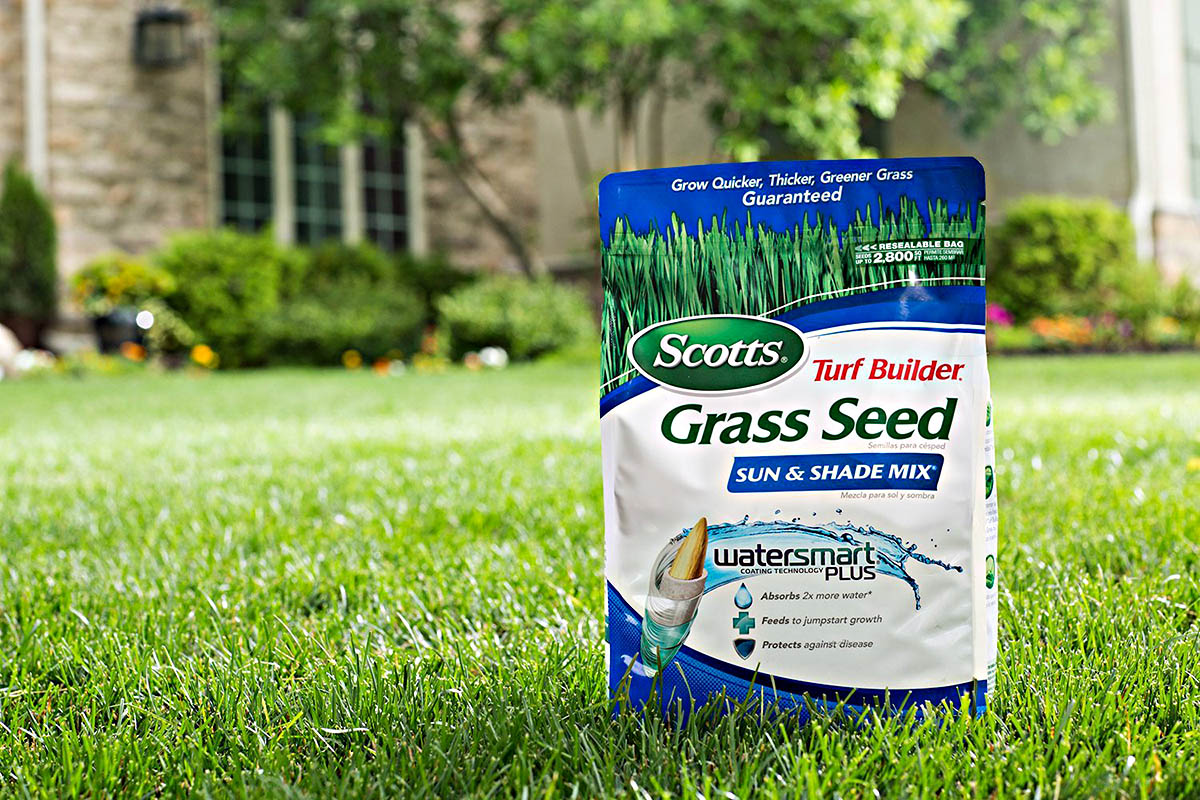
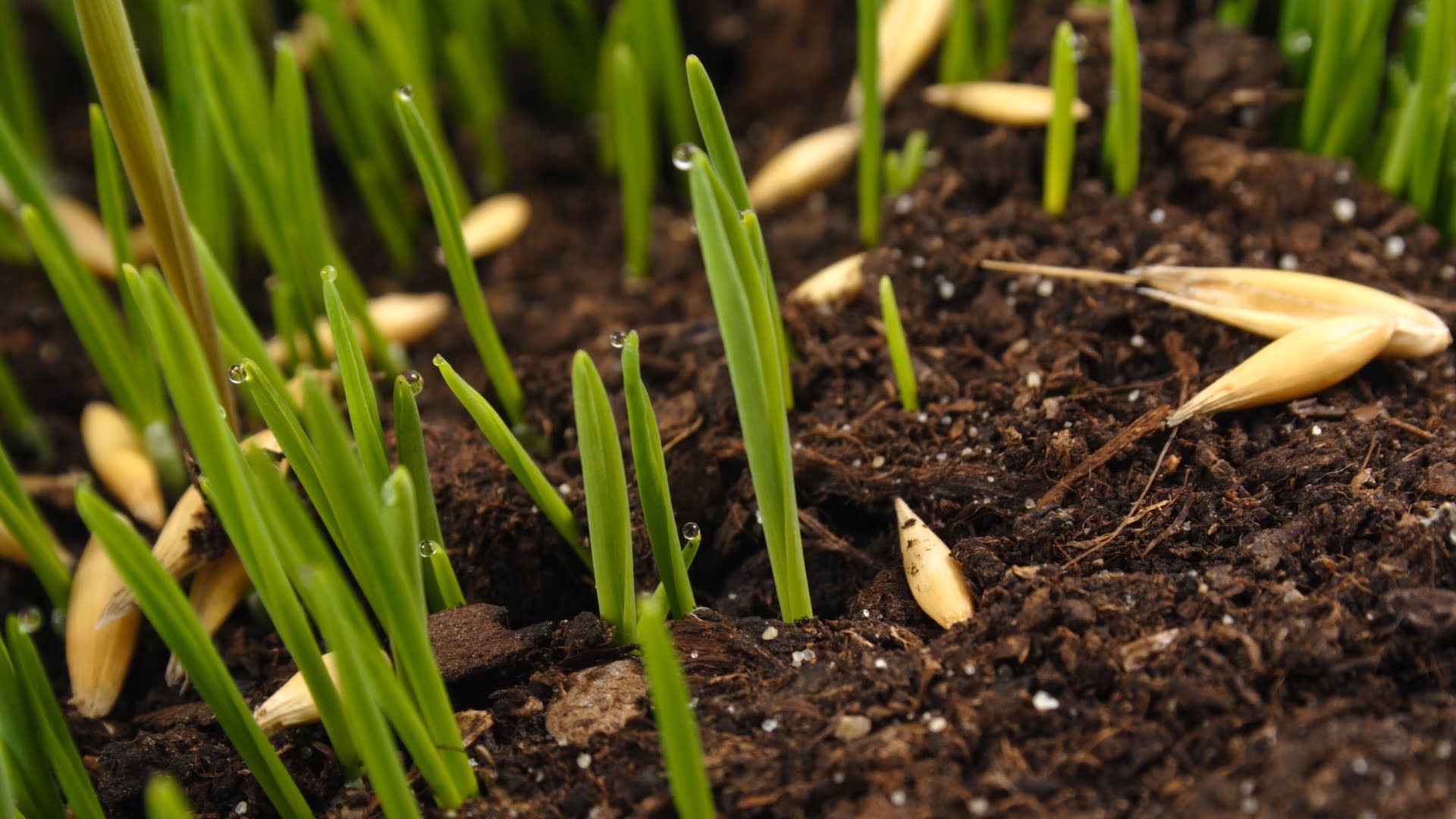
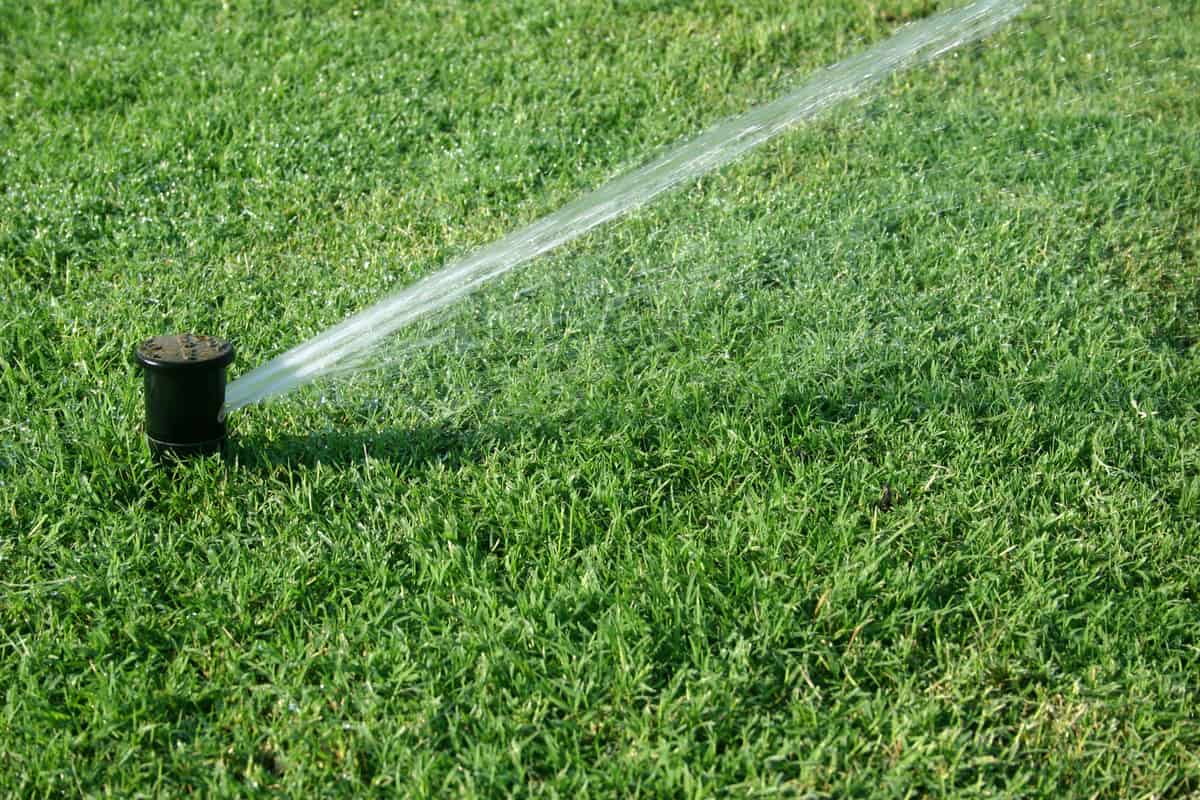

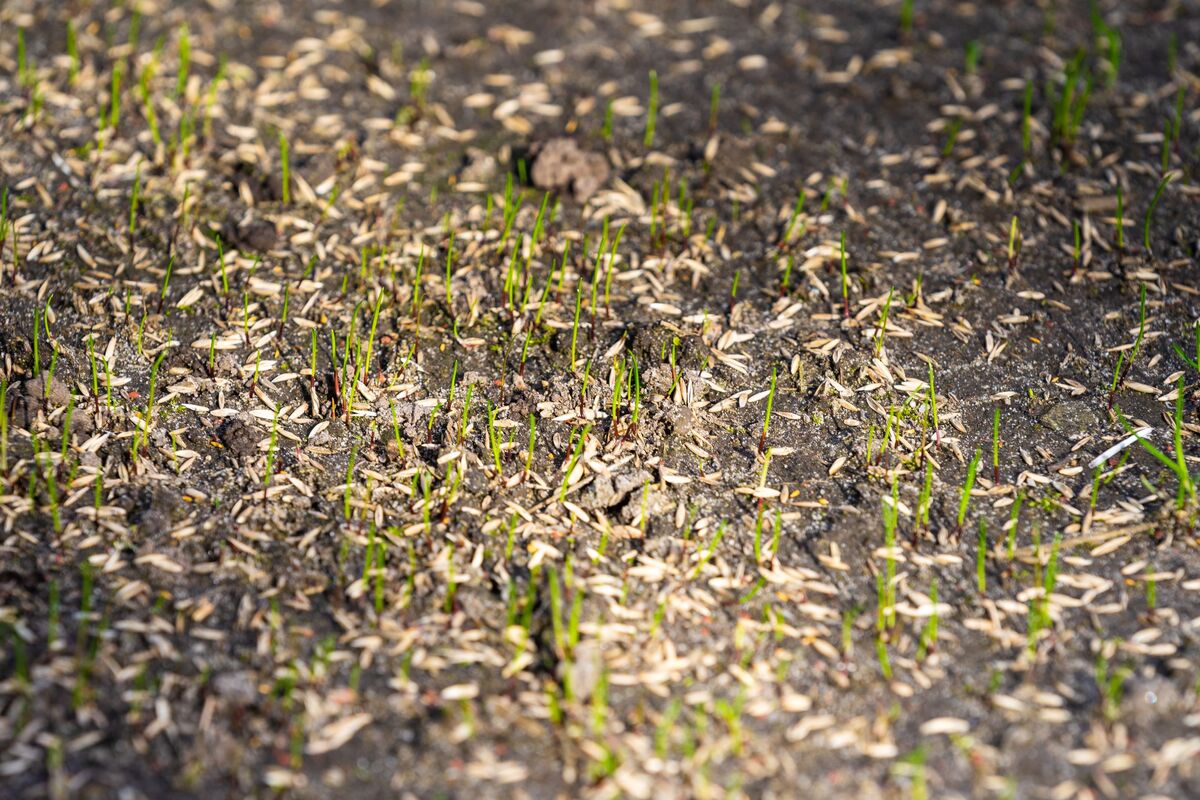
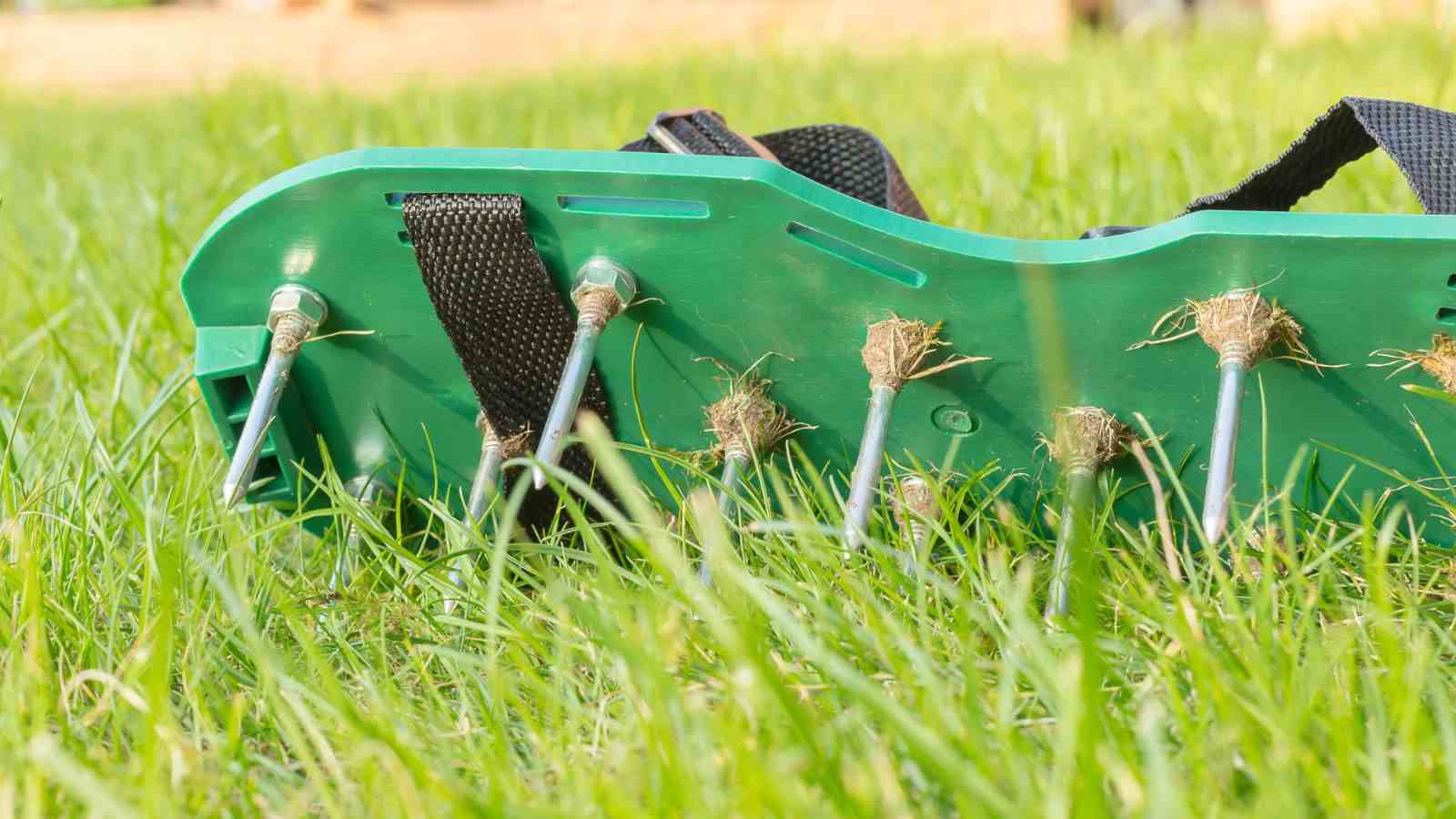
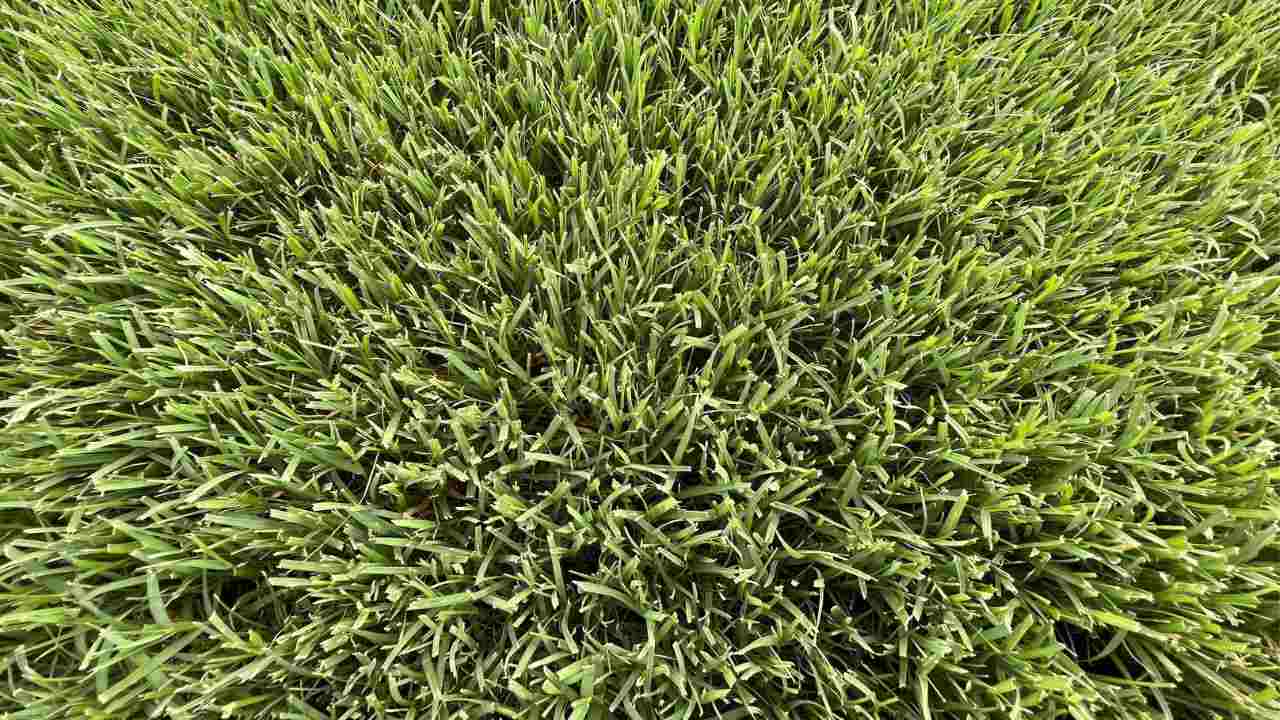
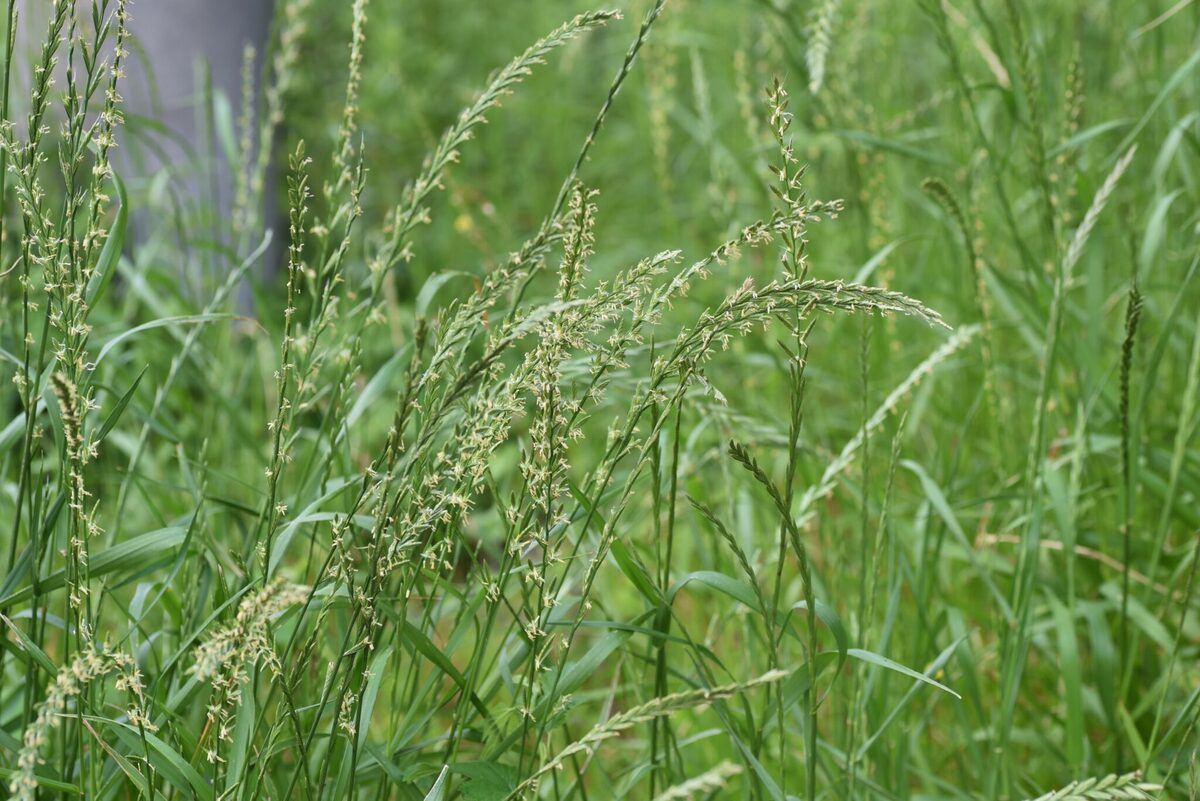
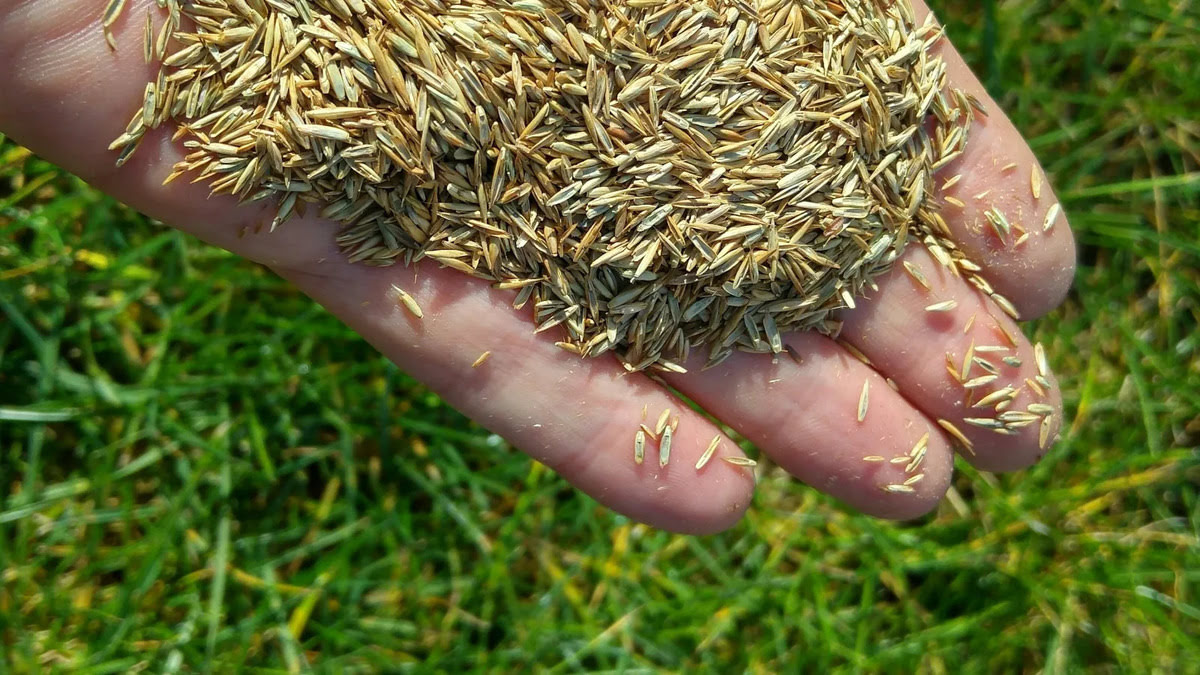
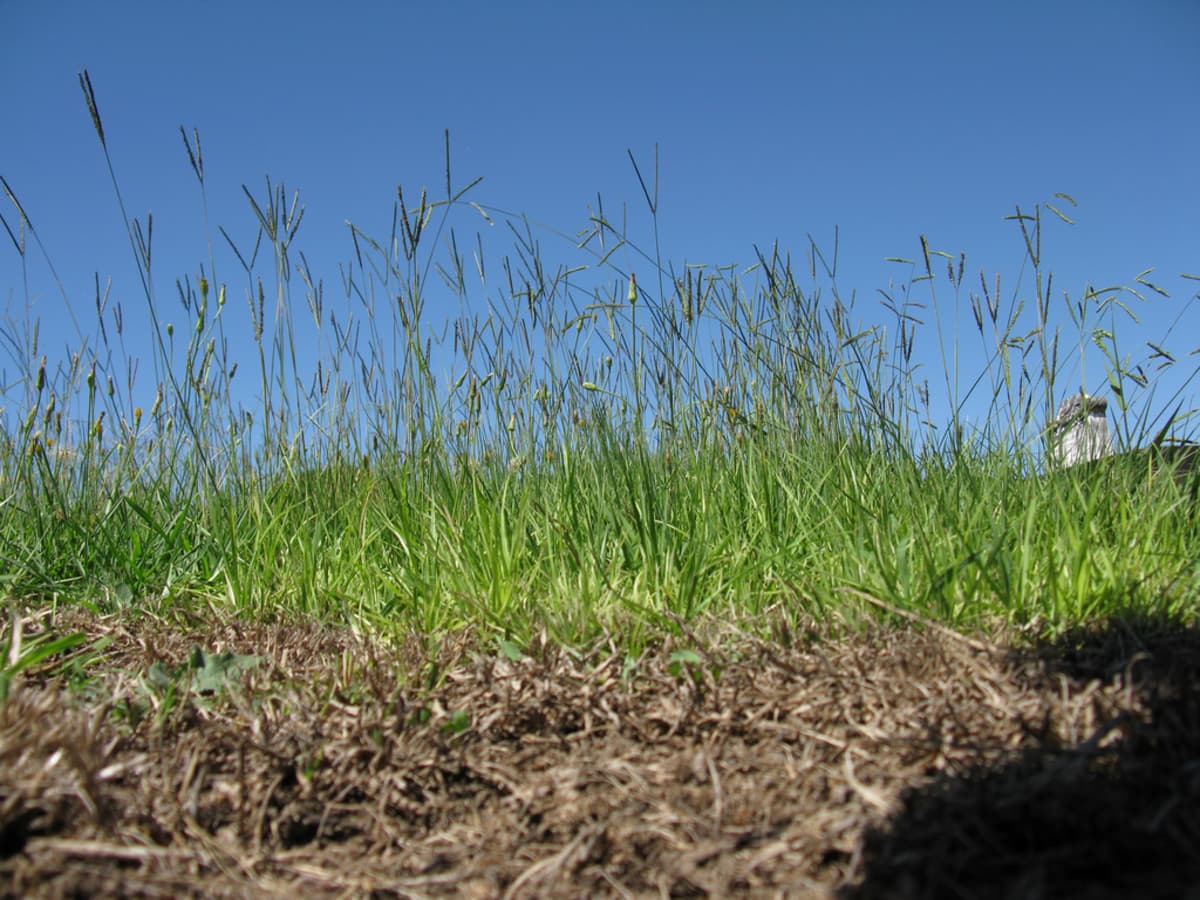
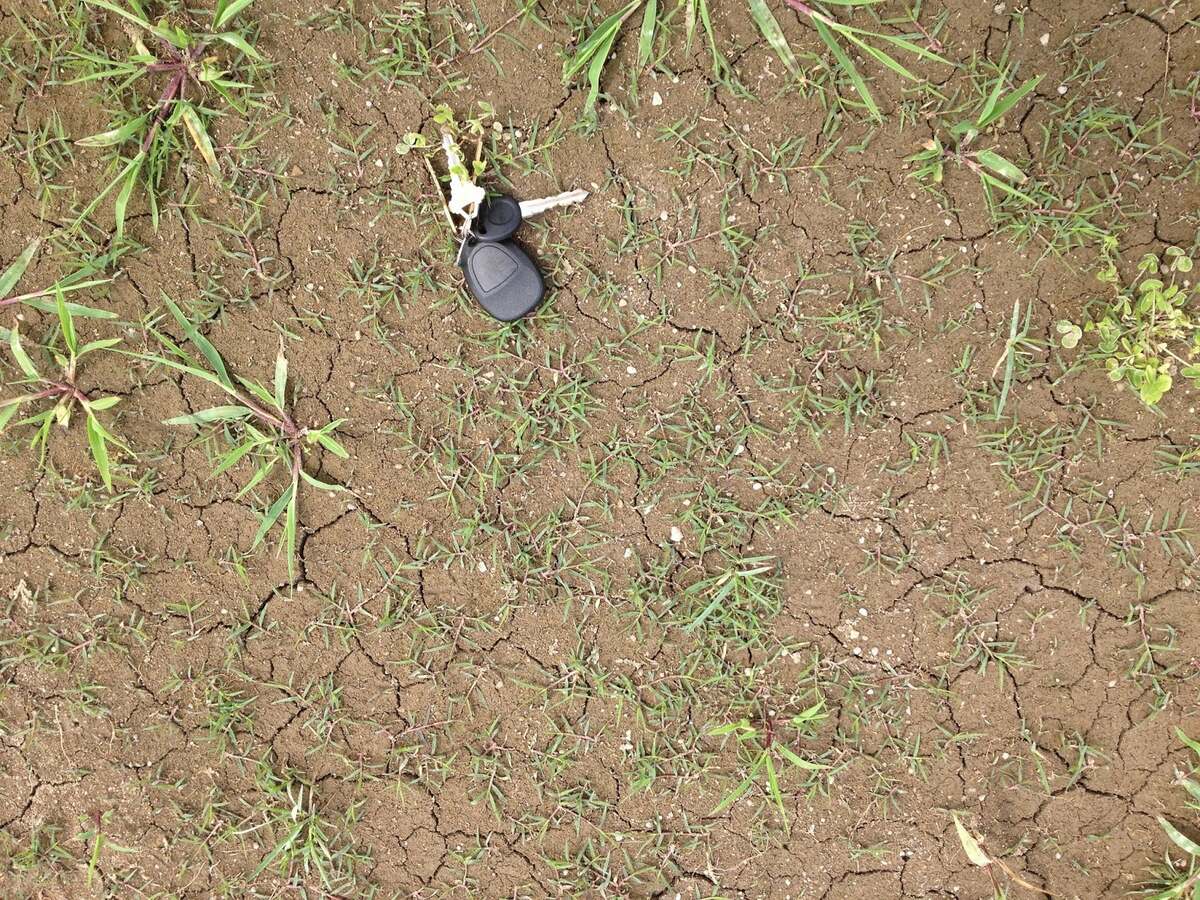
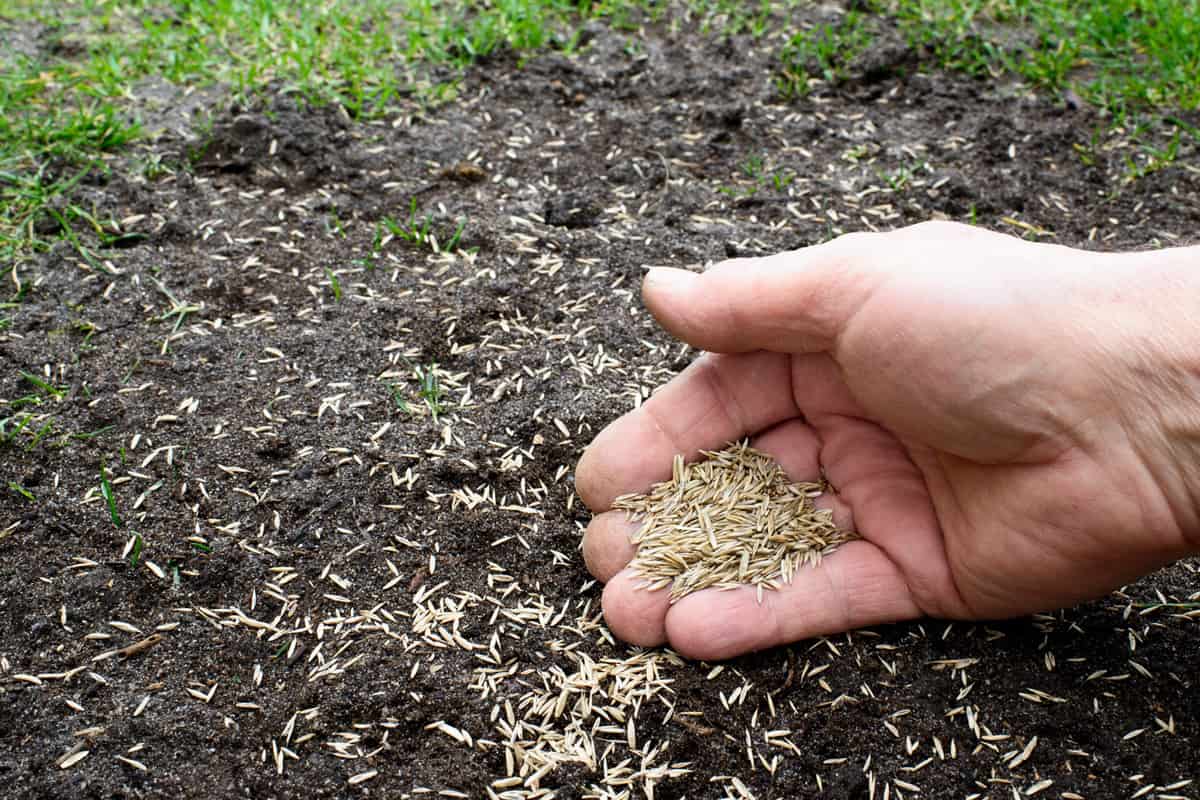
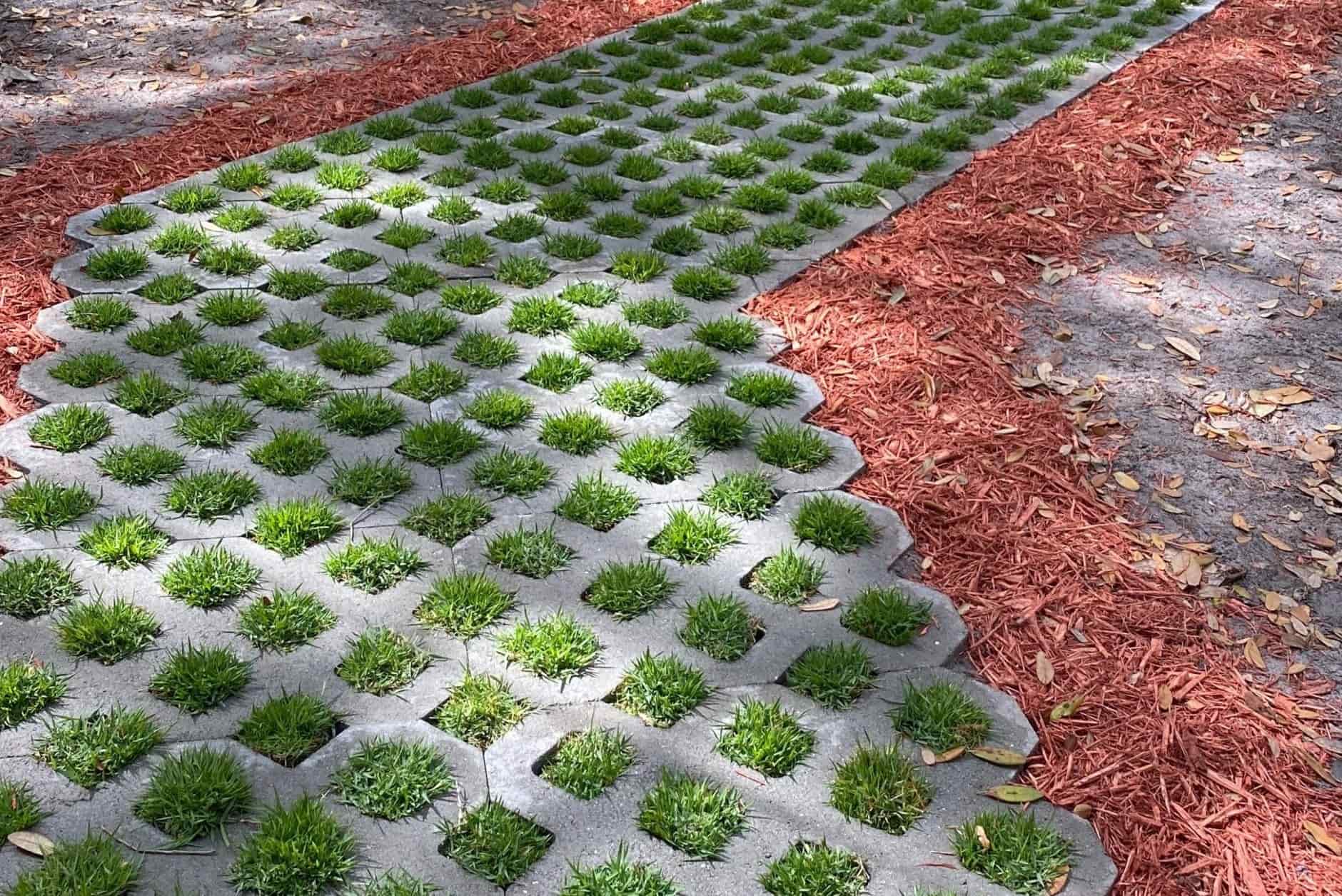
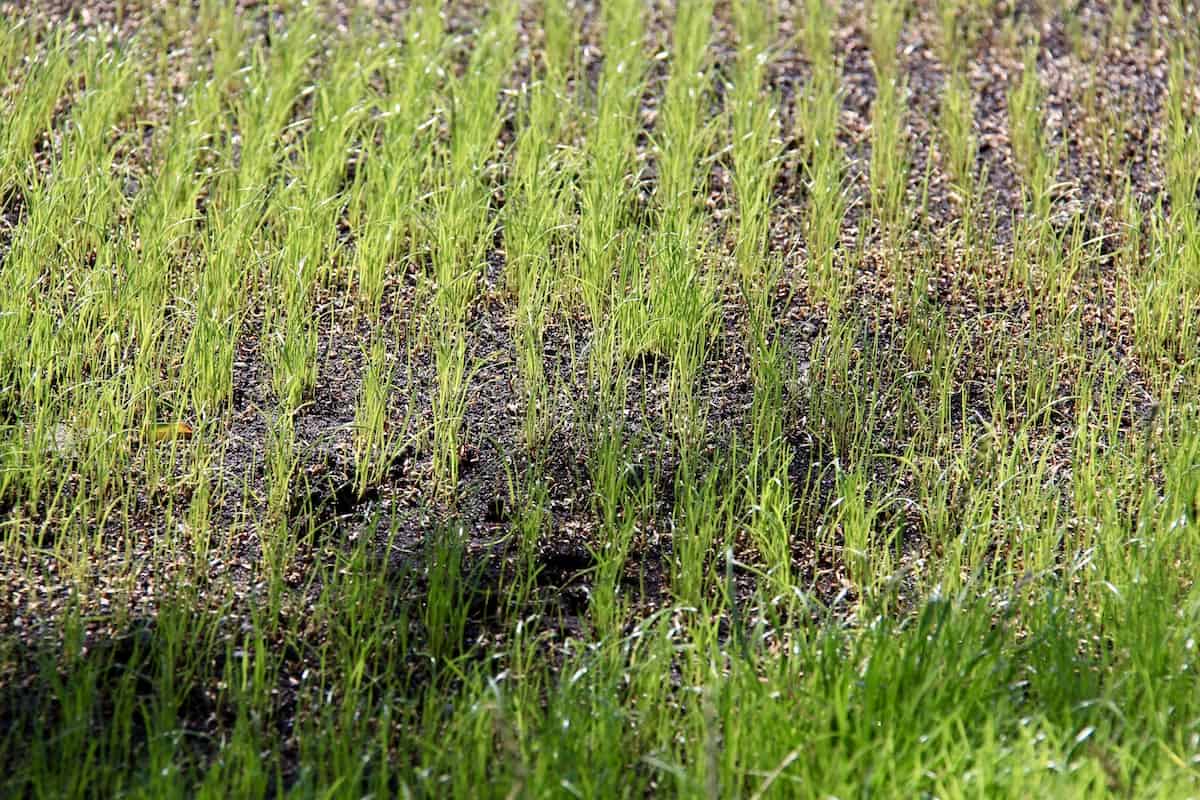

0 thoughts on “How Long For Scotts Bermuda Grass To Germinate”